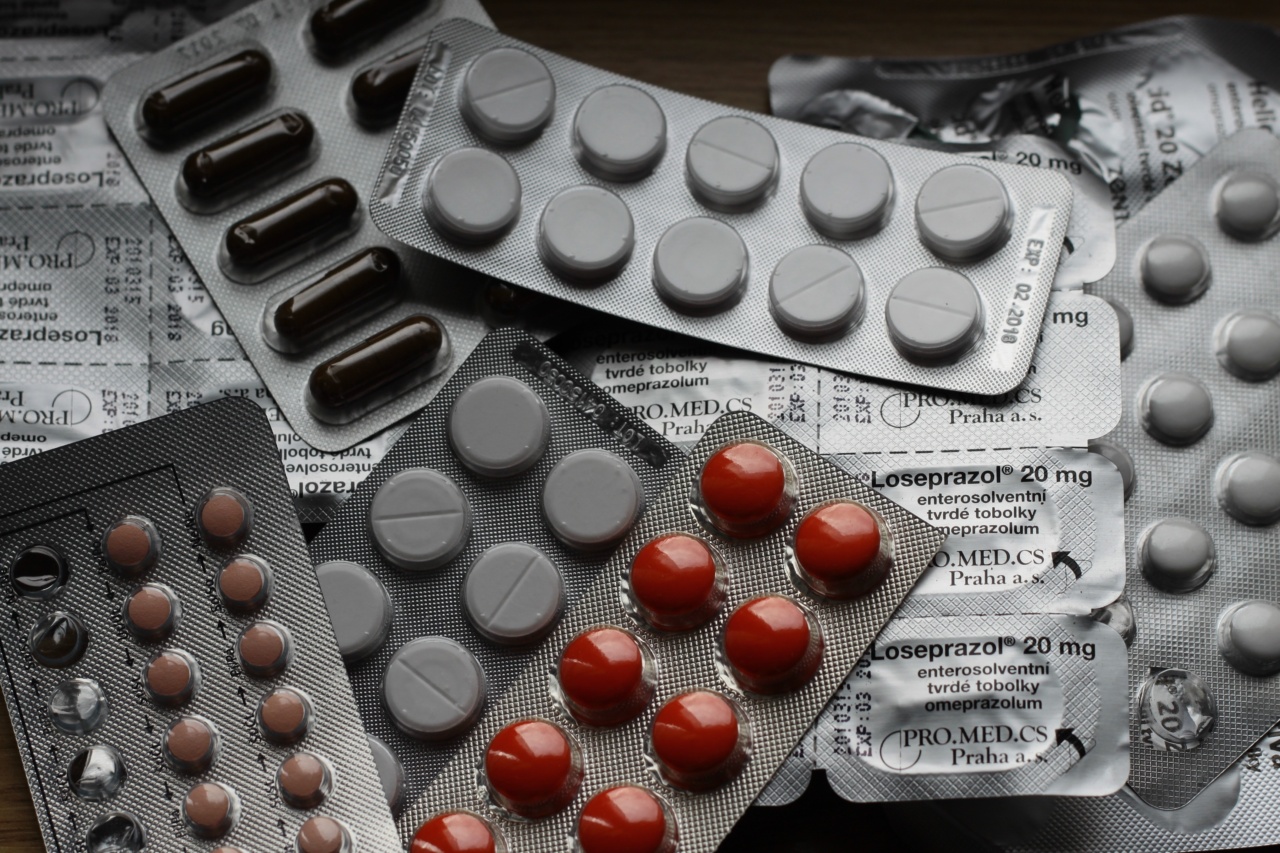Cholesterol is a type of fat that is essential for the proper functioning of our body. It plays a crucial role in the formation of cell membranes, hormone production, and digestion. However, not all types of cholesterol are beneficial for our health.
High levels of bad cholesterol, also known as LDL cholesterol, can have detrimental effects on our overall well-being.
What is LDL Cholesterol?
Low-density lipoprotein (LDL) cholesterol is often referred to as bad cholesterol because high levels of it can lead to the accumulation of cholesterol in the walls of our arteries.
This build-up of plaque in the arteries is known as atherosclerosis and can significantly increase the risk of heart disease, stroke, and other cardiovascular-related problems.
Why is LDL Cholesterol Considered Bad?
When the levels of LDL cholesterol in our bloodstream are high, it can result in the formation of fatty deposits in the walls of our arteries. This process, known as plaque build-up, narrows the arteries and restricts blood flow to vital organs.
If the blood flow to the heart is compromised, it can lead to a heart attack. Similarly, if the blood flow to the brain is interrupted, it can cause a stroke.
The Role of HDL Cholesterol
High-density lipoprotein (HDL) cholesterol is often referred to as good cholesterol because it helps remove LDL cholesterol from the bloodstream.
HDL cholesterol acts like a scavenger, picking up excess LDL cholesterol and transporting it back to the liver, where it is broken down and eliminated from the body. Having high levels of HDL cholesterol can have a protective effect on our cardiovascular health.
Factors Affecting LDL Cholesterol Levels
Several factors can influence the levels of LDL cholesterol in our body. Genetics, diet, physical activity, and lifestyle choices all play a significant role in determining cholesterol levels.
High intake of saturated and trans fats in our diet can increase LDL cholesterol levels, while regular physical activity and a healthy diet rich in fruits, vegetables, and whole grains can lower LDL cholesterol levels.
Risks Associated with High LDL Cholesterol
Having high levels of LDL cholesterol in the bloodstream can have various adverse effects on our health. The most significant risk is the development of cardiovascular diseases, including coronary artery disease, heart attack, and stroke.
Additionally, high LDL cholesterol levels can contribute to the formation of blood clots, further increasing the risk of heart-related complications.
Identifying High Cholesterol
High cholesterol typically does not cause any symptoms, which is why it is often referred to as a silent condition. The only way to identify high cholesterol levels is through a blood test.
Regular cholesterol screenings are recommended, especially for individuals with a family history of high cholesterol or cardiovascular diseases. Early detection allows for timely interventions and lifestyle modifications to improve cholesterol levels and overall health.
Managing High Cholesterol
Controlling high cholesterol levels involves a combination of lifestyle changes and, in some cases, medication.
Adopting a heart-healthy diet, engaging in regular physical activity, and maintaining a healthy weight are essential components of managing cholesterol levels. Limiting the intake of saturated and trans fats, increasing the consumption of fruits, vegetables, and whole grains, and incorporating exercise into daily routines can help lower LDL cholesterol levels.
The Role of Medication
In some cases, lifestyle changes may not be sufficient to manage high cholesterol levels, especially if there are underlying health conditions or genetic factors involved.
In such situations, medication may be prescribed to help lower LDL cholesterol levels. Statins are commonly prescribed medications that inhibit the production of cholesterol in the liver, therefore reducing LDL cholesterol levels in the bloodstream.
Conclusion
Understanding the science behind bad cholesterol is crucial for maintaining good cardiovascular health. High levels of LDL cholesterol can significantly increase the risk of heart disease and stroke.
By adopting a healthy lifestyle, including a balanced diet and regular exercise, individuals can manage their cholesterol levels and reduce the risk of these adverse health outcomes.

























